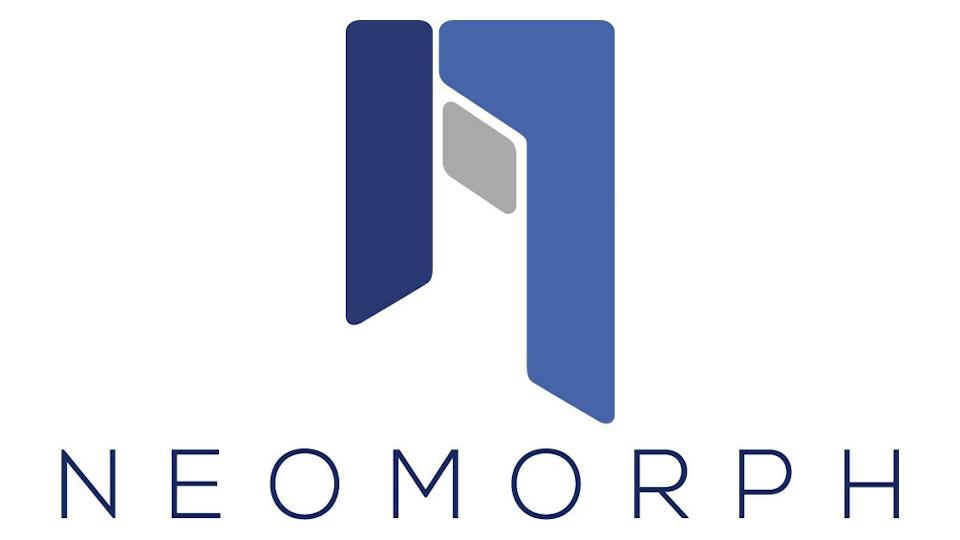Novo Nordisk joins molecular glue club with Neomorph deal

Big pharma’s interest in using protein degradation as a therapeutic strategy shows no sign of abating, as Novo Nordisk signs a wide-ranging deal with US biotech Neomorph that could be worth up to $1.46 billion.
It is the first foray by the Danish pharma group into the protein degradation category and is focused on the development of molecular glue degraders (MGDs), molecules that encourage two proteins that would not normally interact to stick together. In this case, the aim is to join disease-associated proteins with cellular components that cause them to be broken down and recycled.
A key characteristic of MGDs is that they allow researchers to target previously “undruggable” proteins that lack suitable binding pockets required for conventional drug activity. That differentiates them from some other protein degrader technologies that still need a binding site.
For example, some protein degraders rely on a binding site to link a target protein with E3 ubiquitin ligase, labelling it for elimination by the cell’s ubiquitin/proteasome system (UPS).
MGDs are not a new concept – established blood cancer drugs Bristol-Myers Squibb’s Revlimid (lenalidomide) and Pomalyst (pomalidomide) are known to work by this type of mechanism for example – but only in the last few years have biotech companies been formed to focus exclusively on the approach.
San Diego, California-based Neomorph was set up in 2020 by investment group Deerfield Management, coming out of stealth mode with a $109 million Series A and close links to the Centre for Protein Degradation at the Dana-Farber Cancer Institute through scientific founders Eric Fischer, Benjamin Ebert, and Scott Armstrong.
So far, most of the deals involving protein degraders have focused on oncology, but Novo Nordisk plans to work with Neomorph across multiple targets in its core areas of cardiometabolic and rare diseases.
Under the terms of the partnership, the start-up is in line to receive undisclosed upfront and near-term milestone payments, plus R&D funding, along with clinical, commercial, and sales milestones.
Neomorph has responsibility for drug discovery and preclinical development, while Novo Nordisk gets the exclusive right to license any promising candidates that make it to the clinical development stage. It is the first partnership announced by the US biotech.
“Novo Nordisk is expanding its drug discovery efforts and deploying a range of novel technology platforms with the aim of discovering and developing new treatment solutions for people living with serious chronic diseases,” said the Danish pharma’s head of global research technologies, Brian Vandahl.
“We are pleased to enter this research collaboration and eager to start the scientific work on the novel class of molecular glue degraders being pioneered by Neomorph,” he added.
Other recent partnerships in the MGD category in the last year or so include a $674 million alliance between Bristol-Myers Squibb and VantAI signed two weeks ago, as well as a pair of $2 billion partnerships between Monte Rosa and Orionis and Roche and MSD/Merck & Co’s $2.55 billion deal with Proxygen.













